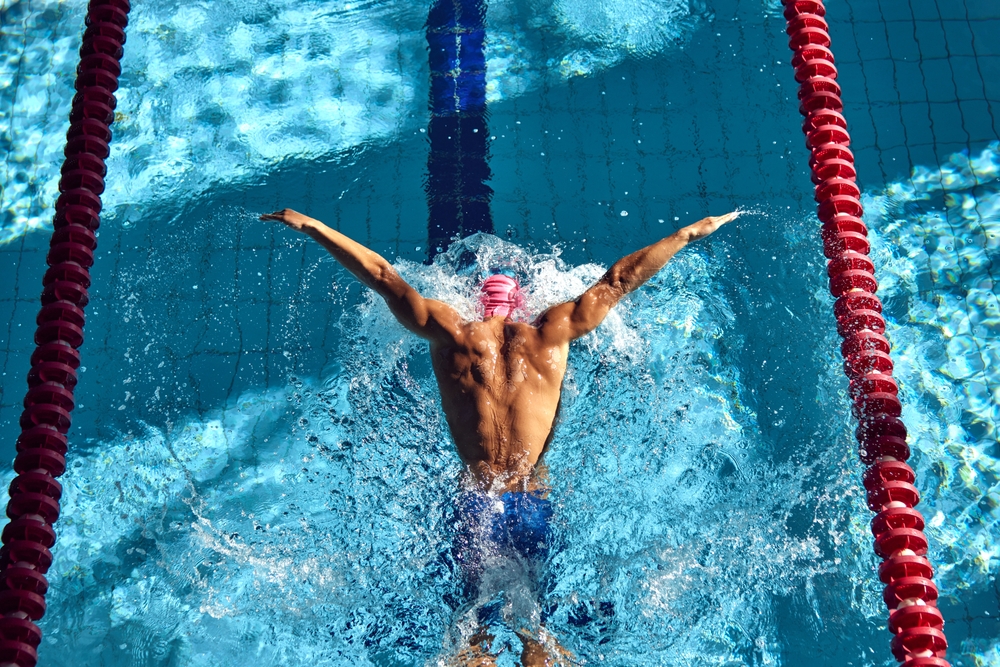Breaking Down the Science of Swim Training: An In-Depth Analysis
The world of competitive swimming is a fascinating blend of raw athletic power, strategic decision-making, and cutting-edge science. Diving into the water, the swimmer embarks on a journey that is as much about mental tenacity as it is about physical strength. This article will delve into the scientific aspects of swim training, providing a comprehensive overview of its evolution, current trends, and practical applications.

The Evolution of Swim Training
Swim training has come a long way since the early days of competitive swimming. Early training methods were largely a matter of trial and error, with swimmers and coaches relying on anecdotal evidence and personal experience to guide their training. Over time, the field has become increasingly scientific, with a growing emphasis on evidence-based training methodologies.
The Role of Sports Science in Modern Swim Training
Today, sports science plays a critical role in swim training. Coaches and swimmers alike use data and analytics to optimize performance, identify weaknesses, and prevent injury. This scientific approach not only enhances performance but also ensures that swimmers can pursue their passion for the sport in a healthy and sustainable way.
The Benefits and Challenges of Scientific Swim Training
Scientific swim training offers numerous benefits. By using data and analytics, swimmers can optimize their training routines, improve their technique, and enhance their performance. However, this approach also presents certain challenges. It requires a high level of expertise and an ability to interpret complex data. Moreover, it can be time-consuming and costly, putting it out of reach for some athletes.
Practical Applications of Scientific Swim Training
Despite these challenges, the practical applications of scientific swim training are impressive. Elite swimmers use biomechanics to refine their stroke technique, nutrition science to fuel their bodies, and sports psychology to enhance their mental strength. These applications are not just for the elites, though. Amateur swimmers can also benefit from the insights provided by sports science, using them to improve their performance and enjoy the sport more fully.
The Future of Swim Training
As sports science continues to evolve, so too will swim training. Future developments may include increasingly personalized training plans, the use of artificial intelligence to analyze performance, and even virtual reality training simulations. Whatever the future holds, one thing is clear: the science of swim training will continue to be a vital component of competitive swimming.
In conclusion, the science of swim training is a fascinating field that combines athletic performance, strategic decision-making, and cutting-edge research. By understanding and applying the principles of sports science, swimmers of all levels can optimize their performance and enjoy their sport to the fullest.




